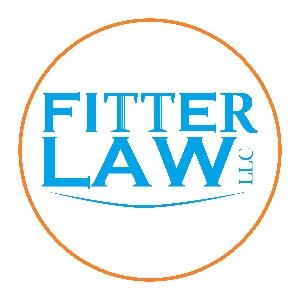Understanding Misrepresentation: The Key to Legal Compliance and Business Success
Understanding Misrepresentation: A Crucial Concept in Business
As a business owner, it is essential to have a solid understanding of legal terms and concepts that can impact your operations. One such concept is misrepresentation. In simple terms, misrepresentation refers to a statement that is untrue and not consistent with the facts. However, the legal definition of misrepresentation goes beyond this basic understanding.
Defining Misrepresentation
Misrepresentation can take different forms, and its severity depends on the intent behind the statement. Let’s explore the three main types of misrepresentation:
- Innocent Misrepresentation: This occurs when a person genuinely believes that their statement is true, even though it turns out to be false. For example, if a salesperson mistakenly provides incorrect information about a product’s features, it can be considered innocent misrepresentation.
- Negligent Misrepresentation: Negligent misrepresentation happens when someone fails to exercise reasonable care in verifying the accuracy of their statement. In this case, the person making the statement should have known that it was false or misleading. An example could be a contractor providing incorrect estimates for a construction project due to their failure to conduct proper research.
- Fraudulent Misrepresentation: This is the most serious form of misrepresentation, involving intentional deception and an intent to deceive. It occurs when someone knowingly makes a false statement with the purpose of inducing another party to rely on it. For instance, if a seller deliberately conceals defects in a product to make a sale, it constitutes fraudulent misrepresentation.
Importance of Understanding Misrepresentation
Now that we have defined the different types of misrepresentation, it is crucial to understand why this concept holds significant importance for businesses:
1. Legal Consequences: Misrepresentation can lead to legal disputes and potential lawsuits. If a party relies on a false statement and suffers harm as a result, they may seek legal remedies such as contract rescission, damages, or even punitive measures. By understanding misrepresentation, you can avoid making false statements and protect your business from legal repercussions.
2. Maintaining Trust and Reputation: Misrepresentation can severely damage your business’s reputation and erode trust among customers, partners, and stakeholders. By ensuring that your statements are accurate and truthful, you can build a reputation for honesty and integrity, which is crucial for long-term success.
3. Ethical Responsibility: As a business owner, it is your ethical responsibility to provide accurate information to your customers and stakeholders. Misrepresentation goes against ethical business practices and can harm not only your business but also the individuals who rely on your statements.
Understanding misrepresentation is vital for any business owner. By being aware of the different types of misrepresentation and their implications, you can navigate legal complexities, maintain trust, and uphold ethical standards. Remember, always strive to provide accurate and truthful information to protect your business’s reputation and ensure long-term success.
